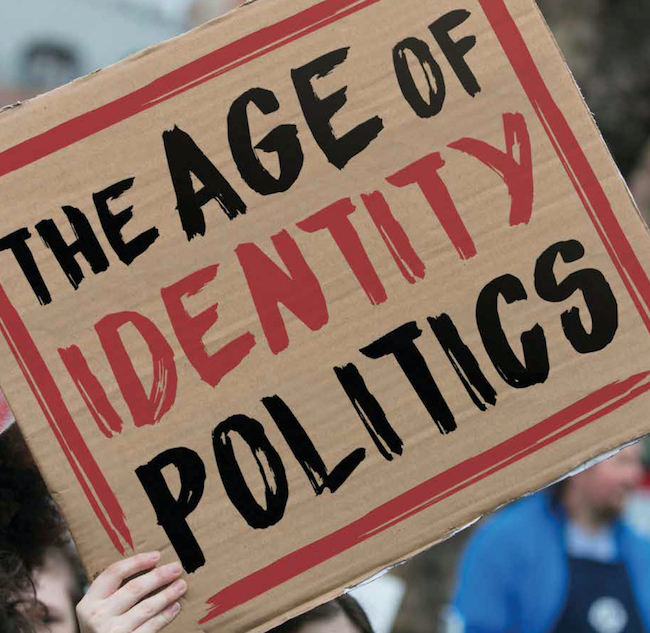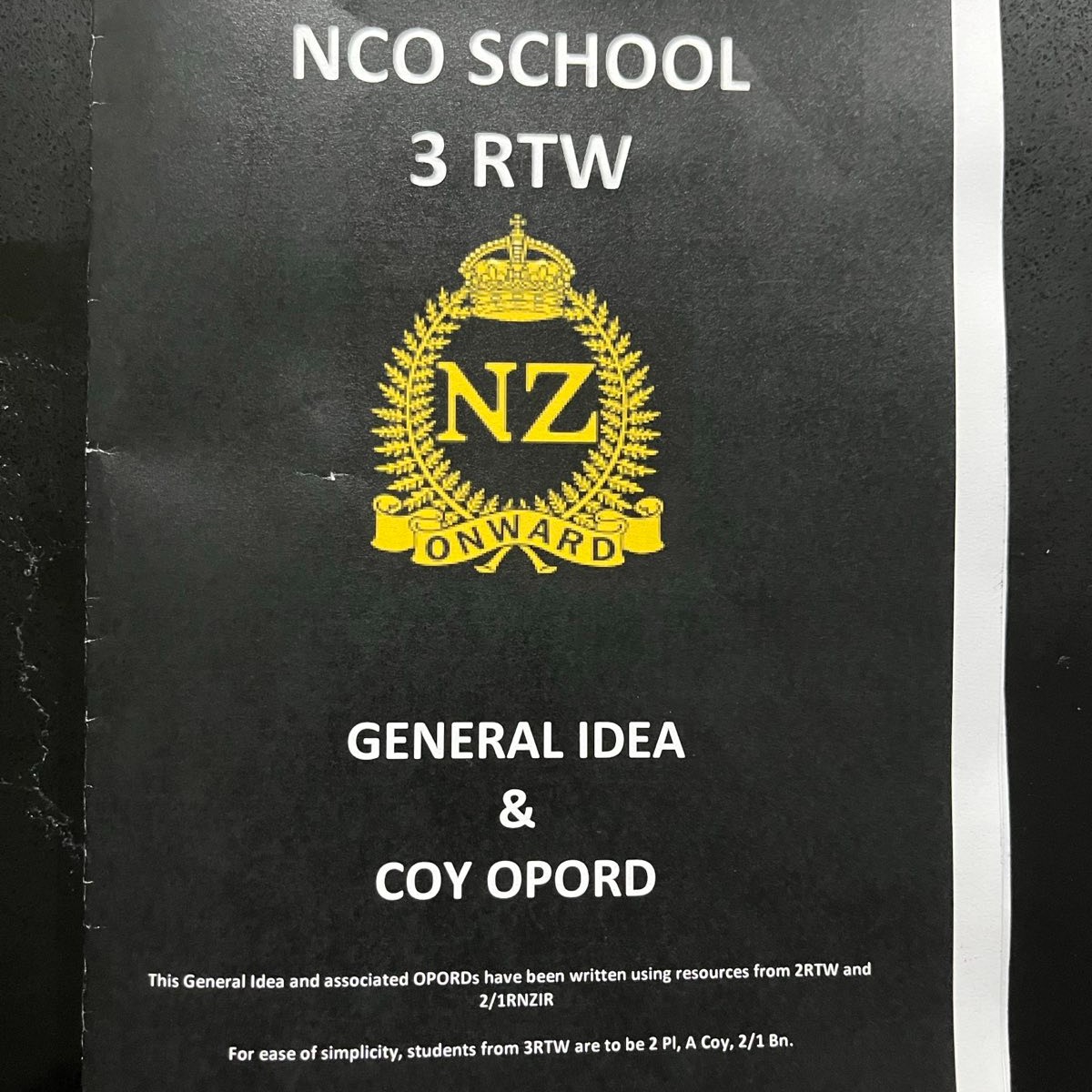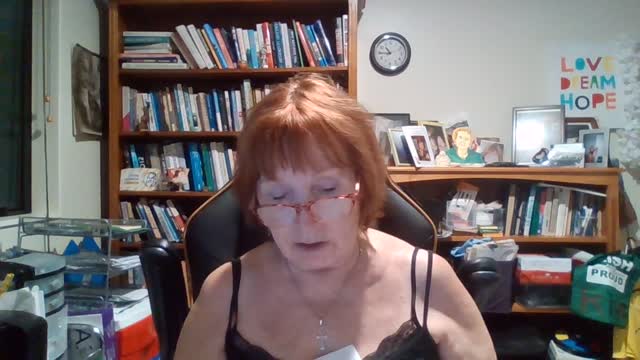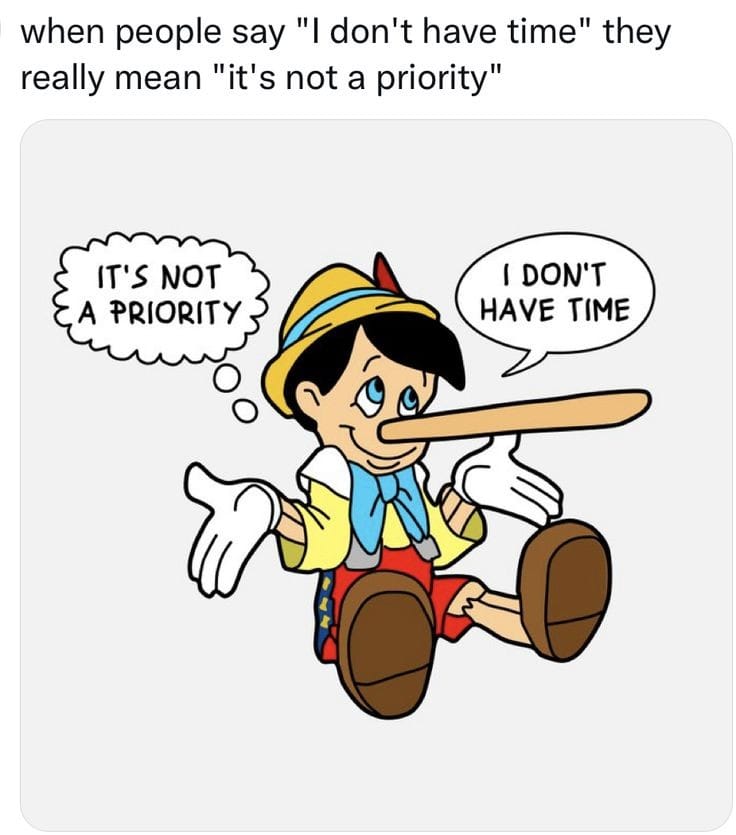
HOROMIA SPEECH IN THE NZ HOUSE OF PARLIAMENT ON THE ‘UNDRIP’ 2007
SPEECH BY MAORI AFFAIRS MINISTER: PAREKURA HOROMIA:- TO THE HOUSE (Parliament)
SPEECH IS AS FOLLOWS:-
The Mâori Party is full of hollow talk over the government’s decision not to support the UN Declaration Of The Rights of Indigenous Peoples (UNDRIP), says Mâori Affairs Minister Parekura Horomia.
Contrary to a number of misleading claims by the party’s co-leaders today, the New Zealand government did not vote against a move at the United Nations to outlaw discrimination against indigenous peoples. Nor does the government accept Tariana Turia’s ridiculous claim that this government believes indigenous people are “ sub-human with only sub-human rights” – which I, and no doubt my Mâori caucus colleagues, frankly find offensive.”
The declaration adopted in the UN yesterday is in effect a wish list which fails to bind states to any of its provisions, Mr Horomia said. “This means it is toothless. I’m actually more than a little surprised the Mâori Party is prepared to back something which effectively offers indigenous peoples no more than aspirational statements.”
Our government has worked extremely hard over a number of years to help forge a declaration which protects and promotes the rights of indigenous peoples in a meaningful way – and which states could actually implement, Mr Horomia said.
“The declaration adopted does neither and while we are proud of our efforts, we are deeply disappointed with the final result which we could not support. “There are four provisions we have problems with, which make the declaration fundamentally incompatible with New Zealand’s constitutional and legal arrangements and established Treaty settlement policy.”
Article 26 of the Declaration states that indigenous peoples have the right to the lands, territories and resources they have traditionally owned, occupied or otherwise used or acquired. For New Zealand this covers potentially the entire country. “It appears to require recognition of rights to lands now lawfully owned by other citizens, both indigenous and non-indigenous. This ignores contemporary reality and would be impossible to implement,” Mr Horomia said.
“The declaration also implies that indigenous people should have a right of veto over parliamentary law-making.” The government strongly supports the full and active engagement of indigenous people in democratic decision-making processes. But these articles imply different classes of citizenship, where indigenous peoples have veto rights not held by others, Mr Horomia said.
“Indigenous rights in New Zealand are of profound importance. The Treaty of Waitangi is the founding document of this country and we have an unparalleled system for redress. Nearly 40 per cent of New Zealand fishing quota is owned by Maori and claims to over half of the country’s land area have been settled. “We also have some of the most extensive consultation mechanisms in the world, where the principles of the Treaty of Waitangi, including the principle of informed consent, are enshrined in resource management law. “The Labour-led government is focused on pursuing goals which achieve real results for real people.
It’s about time the Mâori Party got its head out of the clouds and focused on achieving some real milestones, rather than pie-in-the-sky talk which won’t make a jot of difference in our peoples’ lives.”
I HAVE DISECTED THE MAIN POINTS OF HOROMIA’S PARLIAMENTARY SPEECH AS FOLLOWS:- Carol Sakey https://wakeupnz.org
I HAVE DESECTED THIS SPEECH AND THESE ARE THE FOLLOWING POINTS:- (Carol Sakey)
The Mâori Party is full of hollow talk over the government’s decision not to support the Declaration on the Rights of Indigenous Peoples, says Mâori Affairs Minister Parekura Horomia.
Contrary to a number of misleading claims by the party’s co-leaders today, the New Zealand government did not vote against a move at the United Nations to outlaw discrimination against indigenous peoples. “Nor does the government accept Tariana Turia’s ridiculous claim that this government believes indigenous people are “ sub-human with only sub-human rights” – which I, and no doubt my Mâori caucus colleagues, frankly find offensive.”
The declaration adopted in the UN yesterday is in effect a wish list which fails to bind states to any of its provisions, Mr Horomia said. “This means it is toothless. I’m actually more than a little surprised the Mâori Party is prepared to back something which effectively offers indigenous peoples no more than aspirational statements.”
Our government has worked extremely hard over a number of years to help forge a declaration which protects and promotes the rights of indigenous peoples in a meaningful way – and which states could actually implement, Mr Horomia said.
“The declaration adopted does neither and while we are proud of our efforts, we are deeply disappointed with the final result which we could not support. “There are four provisions we have problems with, which make the declaration fundamentally incompatible with New Zealand’s constitutional and legal arrangements and established Treaty settlement policy.”
Article 26 of the Declaration states that indigenous peoples have the right to the lands, territories and resources they have traditionally owned, occupied or otherwise used or acquired. For New Zealand this covers potentially the entire country. “It appears to require recognition of rights to lands now lawfully owned by other citizens, both indigenous and non-indigenous. This ignores contemporary reality and would be impossible to implement,” Mr Horomia said.
“The declaration also implies that indigenous people should have a right of veto over parliamentary law-making.” The government strongly supports the full and active engagement of indigenous people in democratic decision-making processes. But these articles imply different classes of citizenship, where indigenous peoples have veto rights not held by others, Mr Horomia said.
“Indigenous rights in New Zealand are of profound importance. The Treaty of Waitangi is the founding document of this country and we have an unparalleled system for redress. Nearly 40 per cent of New Zealand fishing quota is owned by Maori and claims to over half of the country’s land area have been settled. “We also have some of the most extensive consultation mechanisms in the world, where the principles of the Treaty of Waitangi, including the principle of informed consent, are enshrined in resource management law. “The Labour-led government is focused on pursuing goals which achieve real results for real people.
It’s about time the Mâori Party got its head out of the clouds and focused on achieving some real milestones, rather than pie-in-the-sky talk which won’t make a jot of difference in our peoples’ lives.”
I HAVE ALSO NOTED FROM HOROMIA’S 2007 PARLIAMENTARY SPEECH IN PARLIAMENT:- Of course being a Labour MP he would applaud the Labour Party. Horomia was also a key player in planning, promoting the ‘Foreshore &Seabed Act. He also mentioned in this speech that the NZ Government had helped develop the UN Declaration Rights of Indigenous Peoples during the past 20 plus years with the United Nations (since 1990). Crown partnership Iwi.. was never documented within Treaty Of Waitangi 1840.
I HAVE ALSO NOTED SOME OF THE KEY WORDS USED IN HOROMIA’S PARLIAMENTRY SPEECH:-
- ‘INDIGENOUS’- We are, each one of us ‘Indigenous’. Indigenous is derived from the new Latin word ‘Indigenus’ and the old Latin word ‘Indigene’. ‘Indu’ meaning-within, in and ‘Gignere’ meaning ‘BEGET’ which means To produce, give birth.
- ‘WHENUA (From the Maori Dictionary & Govt National Library). ‘Whenua’ meaning :- Born of the land, Country, Nation,State, Ground, Terrirtorial Domain and Placenta-after birth
- ‘TANGATA’ meaning:- People, Men, Persons, Human beings, Individual, At home, Comfortable-Established, Adapted, Acclimatised, Local people, Hosts, Born of the land, Peoples whose ancestors lived here before. (Take your pick I am sure you will fit into one or more of these categories.
NOTE: Parekura Horomia Born 9th November 1950 –Died 29th April 2013. New Zealand Labour Party politician who served as Minister of Māori Affairs between 2000 and 2008.
Between 10 December 1999-26 July 2003; he was the Associate Minister of Employment Between 2000 and 2008 the Minister Of Maori Affairs
Horomia had been told by another prominent Maori figure “You create your own shadow, and it will be a massive one.” Horomia was born in Tolago Bay. He had seven brothers and sisters..
He started his working life as a manual labourer and then a Printer in the newspaper industry. Later he became involved in the Dept Of Labours East Coast schemes.
His hard work led him to be appointed to supervisory positions then he went from there to being the General Manager of the ‘Community Employment Group (1992)
In 2002 Dover Samuels was forced to step down as Minister Of Maori Affairs after criminal allegations we made against him.. Horomia was appointed in Dover Samuels place.
Samuels was later cleared of the allegations against him however it was decided Horomia would retain the Maori Affairs portfolio
Horomia was overweight for much of his life. He talked about his health battles and tried to lose weight many times. In 2004 he went on a public diet to encourage others to do the same.[7] He died at his home on 29 April 2013 at the age of 62.[
Horomia was known by many to be a kind man with a good heart, who was not shy about speaking strong words in public or in the House (Parliament)
Thank you for allowing me to share this information with you.
Carol Sakey https://wakeupnz.org
FACEBOOK- Carol Sakey and Group WakeUpNZ
-
-
Thursday - August 4, 2022 - UN DECLARATION RIGHTS OF INDIGENOUS PERSONS (UNDRIP)
(12)





Leave a Comment